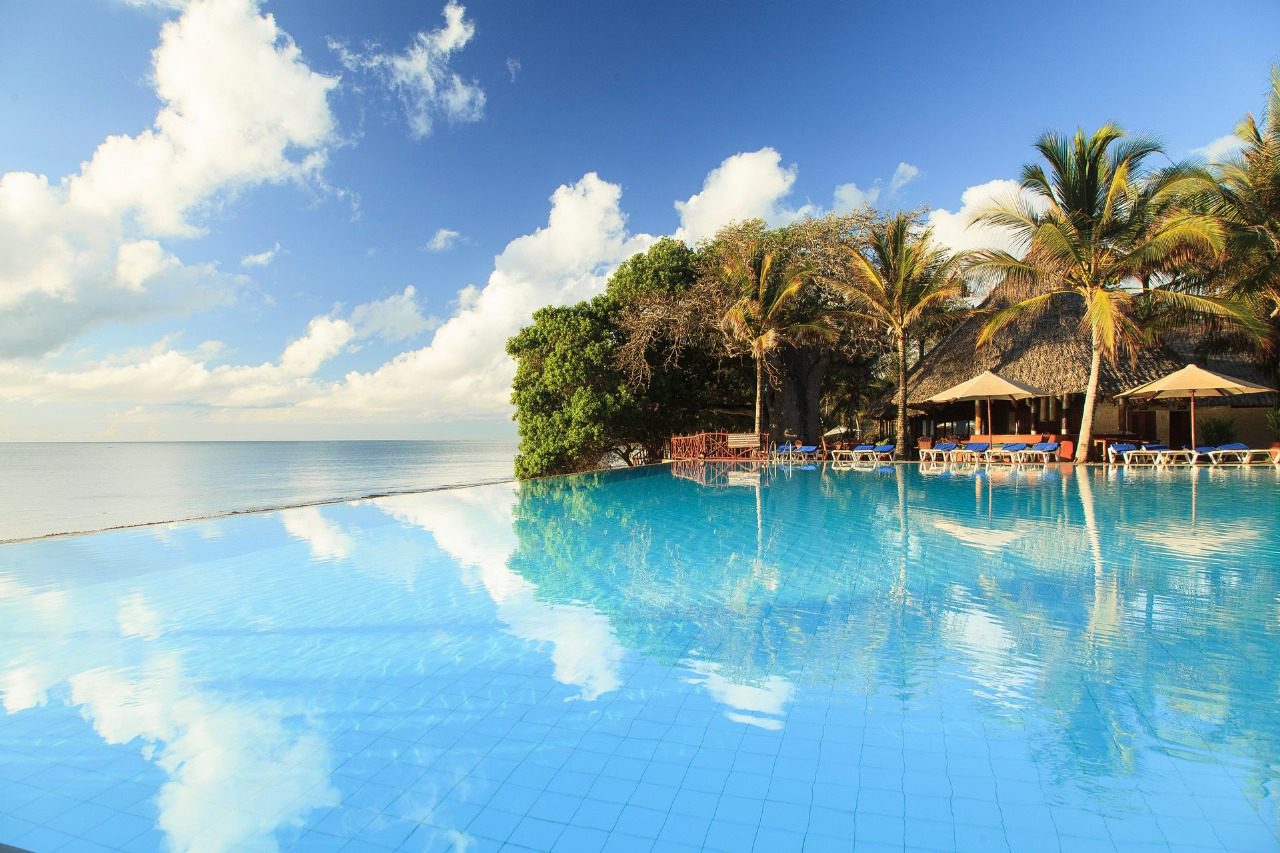With the conclusion of ITB Berlin 2025, the travel industry takes away a wealth of inspiration, innovations, and powerful collaborations from the world’s top trade show. This year, African countries made a significant impact, showcasing the continent’s diverse tourism offerings, cultural richness, and commitment to sustainable travel. From vibrant exhibitions to high-level discussions, Africa’s presence at ITB Berlin 2025 was a testament to the continent’s growing influence in the global tourism industry.
A strong collective presence marked Africa’s participation, with over 30 countries represented at the event. The African pavilion, a hub of activity throughout the trade show, became a focal point for visitors seeking to explore the continent’s unique destinations. From North Africa’s ancient wonders to Sub-Saharan Africa’s wildlife and coastal paradises, the pavilion offered a glimpse into the continent’s vast tourism potential.
Countries such as South Africa, Kenya, Rwanda, Morocco, Egypt, Ghana, and Tanzania led the charge, each presenting their unique selling points. Smaller nations like Seychelles, Namibia, and Benin also made their mark, proving that Africa’s tourism appeal lies in its diversity.
African countries leveraged this platform to highlight their distinctive attractions and experiences. South Africa emphasized its adventure tourism offerings, from safari experiences in Kruger National Park to the vibrant cultural scenes of Cape Town. Kenya and Tanzania focused on their world-renowned wildlife and eco-tourism initiatives, while Rwanda showcased its success in conservation and luxury travel, particularly its gorilla trekking experiences.
North African nations like Morocco and Egypt drew attention to their rich history and cultural heritage, with Morocco’s booth featuring traditional music, handicrafts, and virtual tours of its medinas and desert landscapes. Egypt highlighted its ancient monuments and the upcoming Grand Egyptian Museum, set to open later in 2025.
West Africa made its presence felt too, with Ghana promoting its continuing “Year of Return” initiative to attract diaspora travelers, while Nigeria and Senegal showcased their burgeoning creative industries and vibrant festivals.
Sustainability emerged as a recurring theme in Africa’s participation. Many countries emphasized their commitment to eco-friendly tourism practices and community-based initiatives. Rwanda highlighted its ban on single-use plastics and efforts to promote green tourism. Kenya showcased its eco-lodges and conservation projects, while Namibia emphasized its community-based tourism model that empowers local communities.
Innovation also played a key role, with several African countries leveraging technology to enhance visitor experiences. Virtual reality tours allowed attendees to explore destinations like the Serengeti, Victoria Falls, and the Sahara Desert without leaving the exhibition hall. Mobile apps and digital platforms designed to streamline travel planning and bookings reflected Africa’s growing tech-savvy tourism sector.
ITB Berlin 2025 provided a platform for African tourism leaders to engage in high-level discussions on the future of travel, with panel discussions focusing on sustainable tourism, digital transformation, and tourism’s role in economic development. African ministers and industry experts shared insights on how the continent is positioning itself as a global tourism leader.
Partnerships were a key focus, with several African countries signing agreements with international tour operators, airlines, and hospitality brands to boost tourist arrivals, improve infrastructure, and promote cultural exchange. Ethiopian Airlines announced new routes to emerging African destinations, while South Africa’s tourism board secured a deal with a major European travel agency to promote group tours.
Africa’s cultural richness was on full display through live performances by traditional dancers, musicians, and artists that captivated attendees. Countries like Senegal and Mali showcased their musical traditions, while Zimbabwe and Botswana highlighted their unique art and craft.
Networking events, including B2B meetings and receptions, provided opportunities for African exhibitors to connect with international buyers and media, interactions expected to yield tangible results in increased tourist arrivals and investment.
While challenges remain—infrastructure gaps, visa restrictions, and perceptions of safety were among issues discussed—African countries are actively addressing these through policy reforms, infrastructure development, and targeted marketing campaigns. The opportunities for Africa’s tourism sector are immense with its young and growing population, increasing connectivity, and wealth of natural and cultural assets positioning the continent to become a top global destination.
As ITB Berlin 2025 concludes, the spotlight on Africa’s tourism sector continues to grow. The event has not only showcased the continent’s incredible diversity but also reinforced its commitment to sustainable and inclusive tourism.
The world is increasingly looking to Africa for authentic, transformative travel experiences, and with its rich cultural heritage, breathtaking landscapes, and warm hospitality, Africa stands ready to welcome the world. As the curtains close on ITB Berlin 2025, one thing is clear: Africa is no longer the future of tourism—it is the present.
image: Ghana Tourism Authority







